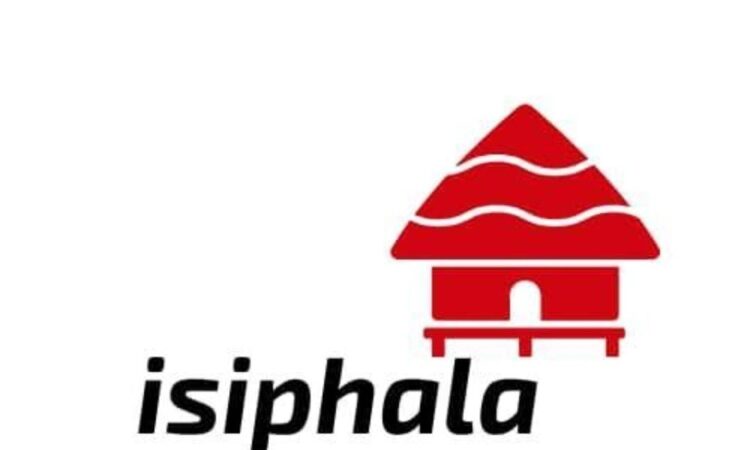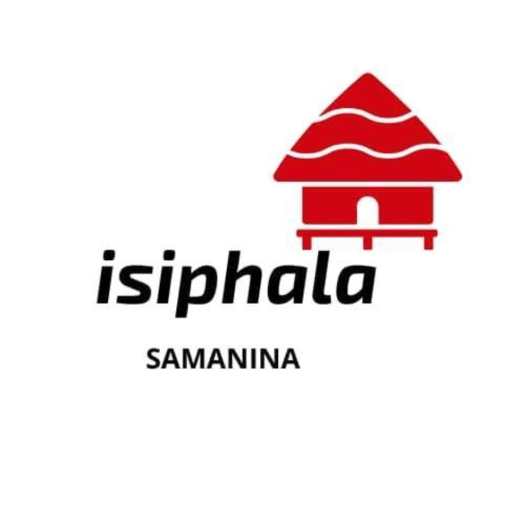
Gabhadiya Sithule’s Qoki Groceries Rebrands: Amidst UK Banks’ Criticism of $25 Million Fraud
*Gabhadiya Sithule’s Qoki Groceries Rebrands*: Amidst UK Banks’ Criticism of $25 Million Fraud Allegations.
By Nancy Ndaba | On December 20, 2023, Qoki Groceries swiftly rebranded as Isiphala Samanina in response to ongoing fraudulent land parceling deals. Spearheaded by Sisa Khumalo and her sister Sithenjisiwe Khumalo since 2018, the project, which always utilized the Qoki Zindlovukazi logo, has taken an unexpected turn. The rebranding appears as a desperate attempt to salvage the crowdfunded project’s reputation, akin to closing the barn door after Sithule’s Qoki boat has already sunk. Several Bulawayo community groups and individuals are disassociating themselves from the alleged fraudulent activities of Gabhadiya Sithule.

The situation intensifies with the resignations of key figures, Karen Kumalo and Walter Motsi. Notably, at the Zimbabwe company house, Qoki’s documentation of their resignations has grown legs, adding intrigue. Surprisingly, neither Karen Kumalo, Walter Motsi, nor Sithule Tshuma have officially communicated these seemingly backdated resignations to investors and stakeholders. In another Qoki Zindlovukazi Furniture group, on 1st of December 2023 Lebo Tasha, announced her immediate resignation stating ‘ Ladies, it’s been a pleasure, please exit all other groups…’

The scandal, totaling $25 million, takes a more concerning turn as UK banks face criticism for not flagging suspicious transactions earlier. Substantial sums were deposited into Qoki Directors Karen Kumalo and Sithule Tshuma’s UK personal bank accounts in Halifax, Santander, and Barclays, raising concerns about banking oversight. This disconcerting revelation prompts questions about the effectiveness of the banking system in early detecting and preventing such fraudulent activities.

While most banks have classified the Qoki saga as a significant fraudulent scam, the importance of early intervention by UK banks, Action Fraud, HMRC, and the Financial Ombudsman in flagging fraudsters and scams cannot be overstated. Timely identification and reporting of suspicious transactions are crucial to mitigating financial losses and protecting investors. A global approach serves as a deterrent to fraud scams like Qoki, emphasizing the need for international cooperation in combating financial crimes. Interpol’s role becomes significant in bringing fraudsters to justice, transcending borders to ensure accountability.
Reflecting on the money laundering and tax evasion allegations against Sithule and Karen, it highlights the broader issue of financial impropriety. The investigation into these aspects adds complexity to the unfolding saga, emphasizing the imperative for stringent measures against illicit financial activities. As the Qoki scandal unfolds, the interconnectedness of global financial systems underscores the necessity for collaborative efforts to prevent, detect, and prosecute fraudulent activities on an international scale.





